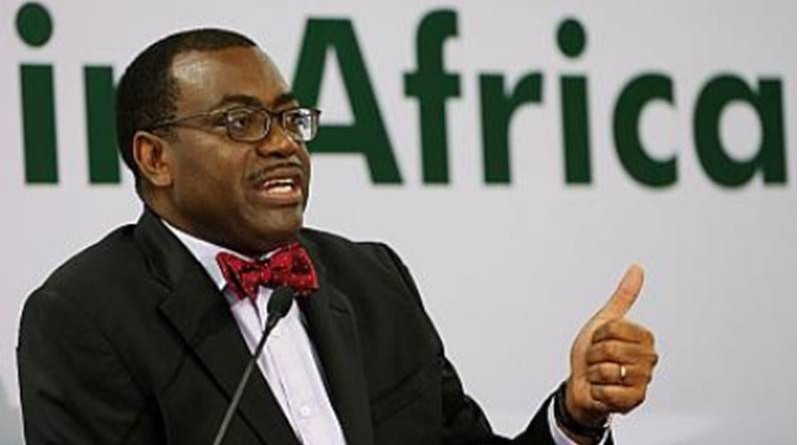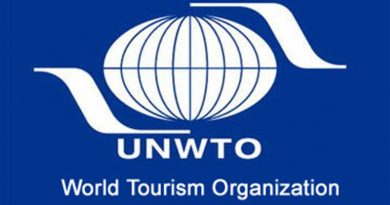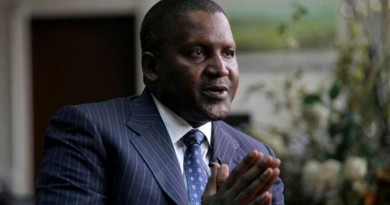Private sector in Africa to get $350 million from AfDB and Japan International Cooperation Agency (JICA)
To finance the Bank’s support for African private sector operations, the African Development Bank and the Japan International Cooperation Agency (JICA) agreed to a JPY 44,100,000,000 ($350 million) loan.
The loan is a part of Japan’s Official Development Assistance to Africa (ODA) program’s Enhanced Private Sector Assistance (EPSA) project. The Bank and JICA inked the fifth iteration of the EPSA, worth $4 billion, at the eighth Tokyo International Conference on African Development (TICAD 8), which took place in Tunisia in August of last year.
At the JICA offices in Tokyo, Dr. Tanaka Akihiko, the president of JICA, and Dr. Akinwumi Adesina, the president of the African Development Bank Group, signed the agreement for the private sector concessional loan. Dr. Adesina is in Japan to speak with top government officials, significant Japanese businesses, aid organizations, lawmakers, and diplomatic representatives from Africa on investment potential in that continent.
Dr. Tanaka stated that the loan was a significant step in Japan’s efforts to support Africa as it faces the challenge of navigating numerous compounded problems, including concerns about debt sustainability and the effects of the war in Ukraine.
In order for Africa to prosper and advance, he declared, the private sector is essential to employment creation. Despite the enormous economic and social challenges the private sector has been under, we are optimistic that the Bank’s Non-sovereign Operations, supported by this concessional loan, will be crucial in resolving these urgent problems.
Dr. Adesina praised the Japanese government and JICA for continuing to support the Bank and Africa. He extended an invitation to JICA to work with the African Development Bank Group in other crucial areas, such as improving the food and agriculture delivery compacts created by African nations at a meeting on food security held in Senegal in January.
“The Special Agro-processing Industrial Zones, which will be the largest game changer in African agriculture, need JICA’s funding to be implemented. It will change rural economies, decrease food losses, process and add value to foods grown there, and it will also generate jobs, according to Adesina.
Encourage youth to pursue careers in agriculture. Africa’s youth are its greatest asset, yet they do not have access to money. Adesina asked the Bank to establish investment banks for young entrepreneurs so that they could offer young people financial and technical help throughout the business cycle.
Dr. Tanaka concurred with the points made by the head of the African Development Bank, stating that they were crucial to Japan’s plans for future cooperation with Africa.
The JICA president stated regarding the requirement to provide employment for youth, “It is foolish not to take advantage of active youth in Africa. While there are many young people in Africa, there are many older people in Japan.
According to Dr. Tanaka, it’s critical to look into ways to encourage communication between university students from Africa and Japan in order to promote the sharing of knowledge. He concurred that JICA should have additional talks with the African Development Bank Group to examine other issues brought up by Adesina, such as the digitization of primary healthcare operations and the creation of the African Pharmaceutical Technology Foundation, which would be based in the Rwandan capital city of Kigali.
In 2007, JICA and the African Development Bank agreed to their first loan for private sector support. The Bank and the Japanese government have so far agreed to eight non-sovereign loans for a combined $1.85 billion. 51 projects have so far benefited from the loans, the majority of which include project financing for infrastructure public-private partnerships, private equity funds, and credit lines and equity to regional development finance institutions.
A strong co-financing facility under the Accelerated Co-financing Framework Agreement; the Fund for African Private Sector Assistance, which has been essential in providing technical assistance and expertise to project sponsors across Africa in various sectors; and the Private Sector Investment Finance make up the three main elements of Japan’s assistance to Africa, which is channeled through the African Development Bank Group through EPSA.
One of the largest backers of the Bank is the Japanese government. In 2019, it supported the Bank’s biggest-ever general capital increase. Japan contributed $534 million to the $8.9 billion sixteenth replenishment of the African Development Fund in December 2022.




